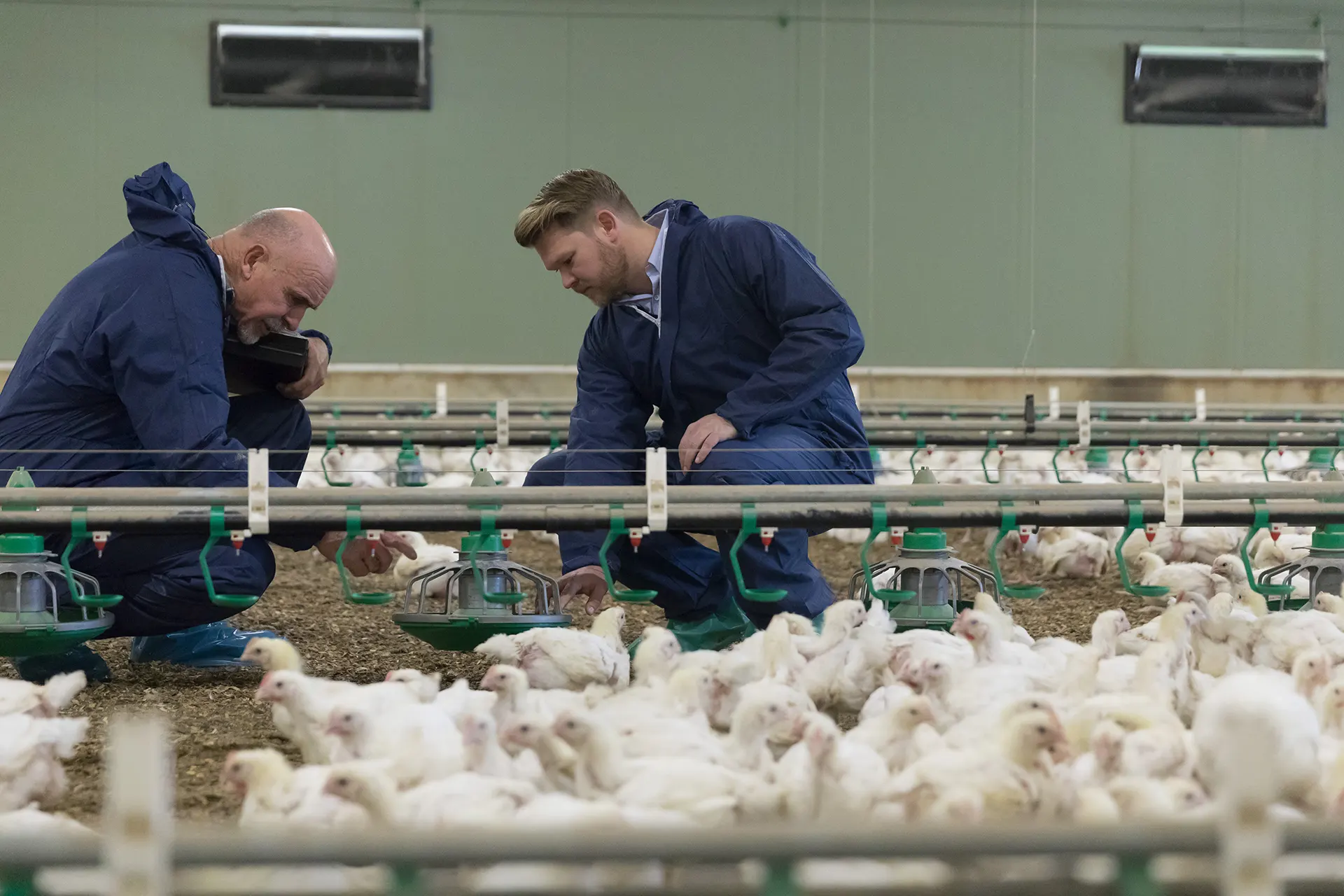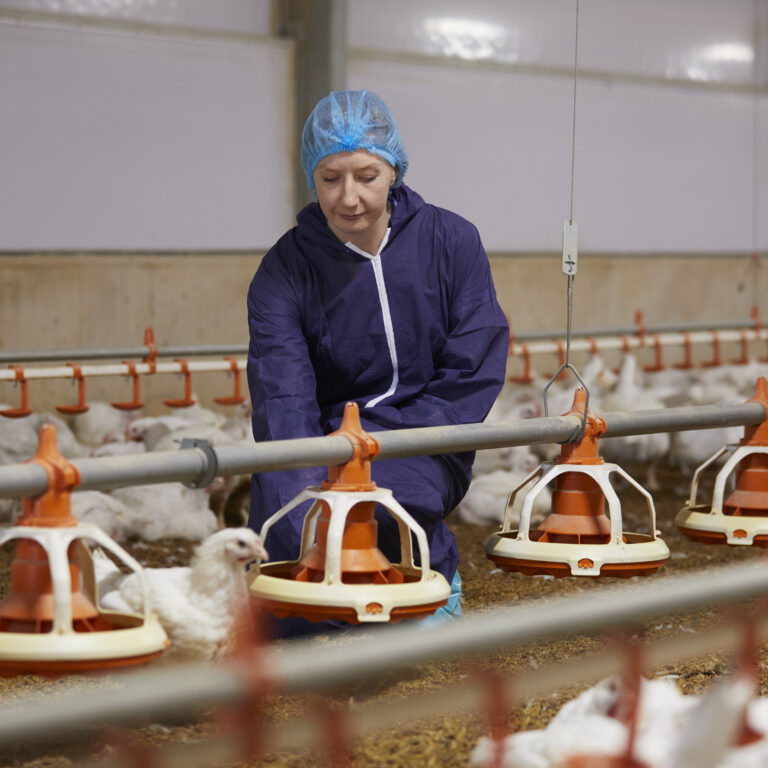
Certification process
Key to the RSPCA Approved Farming Scheme, is a robust certification process that includes frequent, comprehensive on-site assessments. These assessments are coordinated by the RSPCA Certification Body and conducted by specially trained RSPCA Assessors.
Find out the step-by-step process for RSPCA Approved certification.
I’m a producer
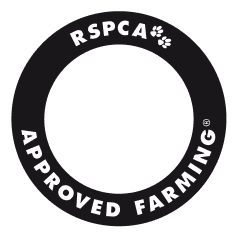

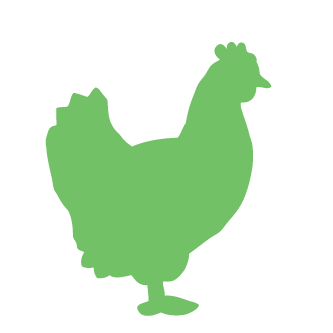




Step 1
Producers looking to achieve RSPCA Approved certification must first read our operations manual and the animal welfare standard that relates to their business.
Then make an application to the RSPCA Certification Body.
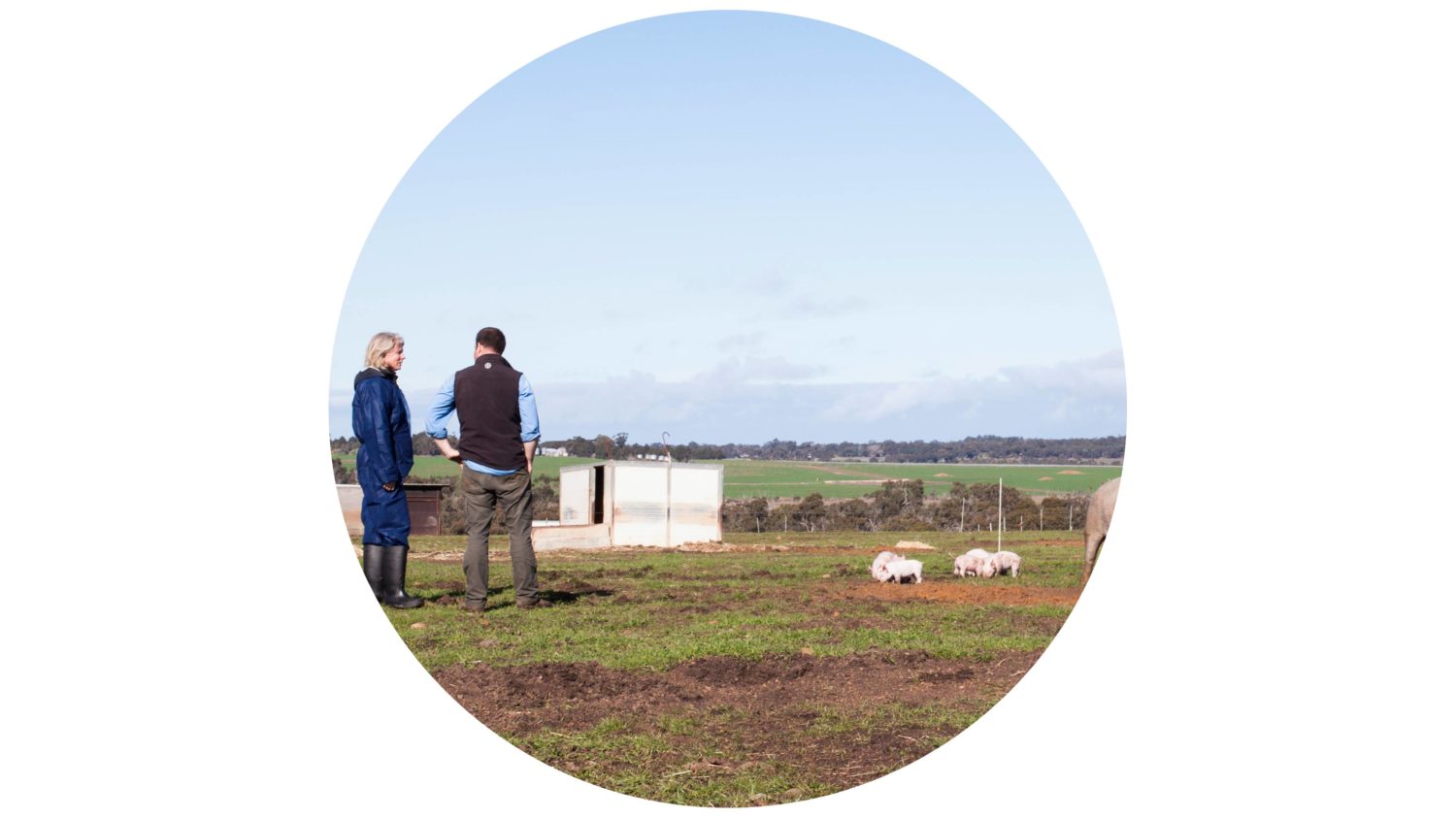
Step 2
As part of the application process the Producer will enter into a Producer Agreement with the RSPCA Approved Farming Scheme.
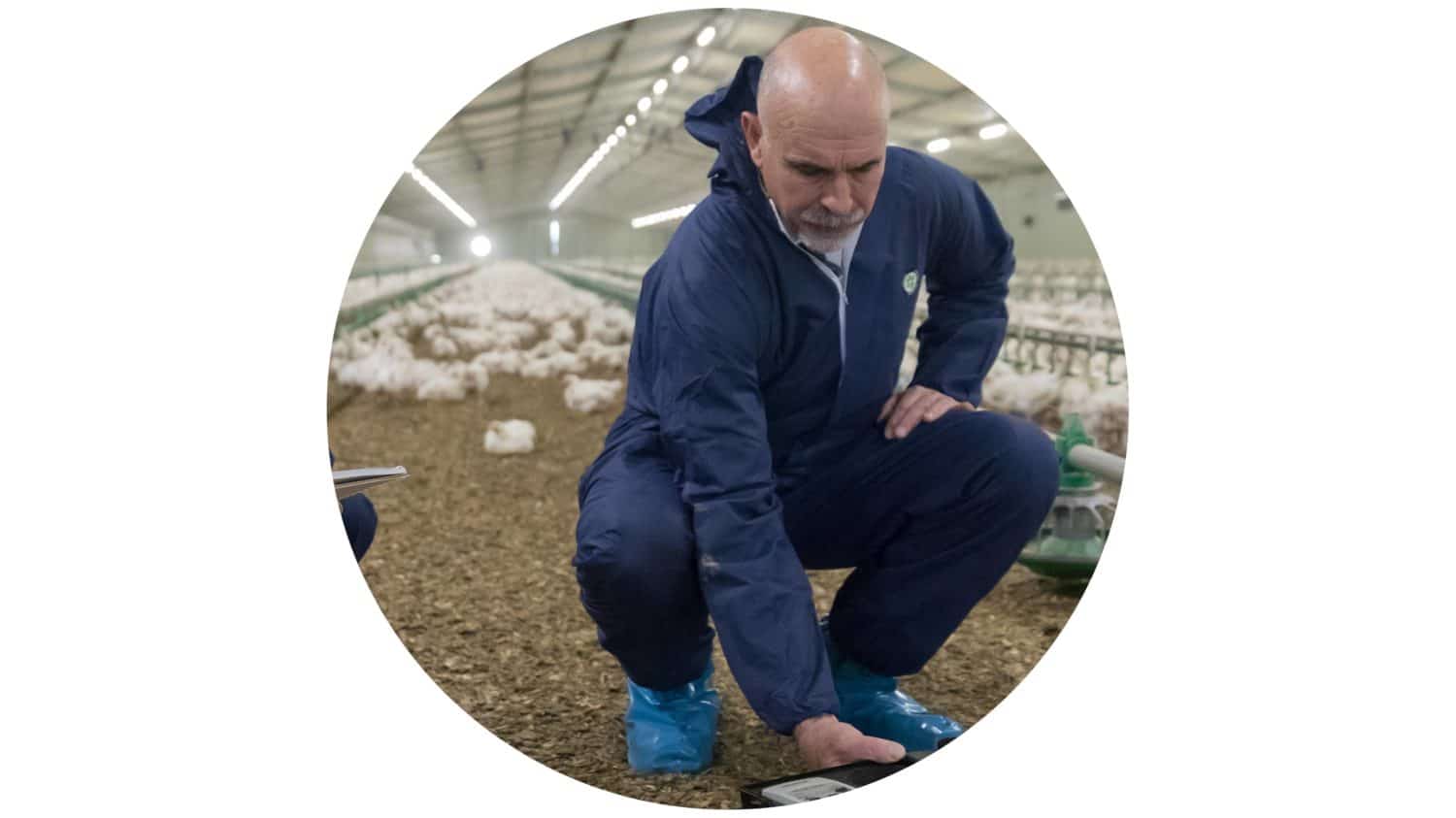
Step 3
The Certification Body will review the application and then get in touch to organise an initial on-site assessment.
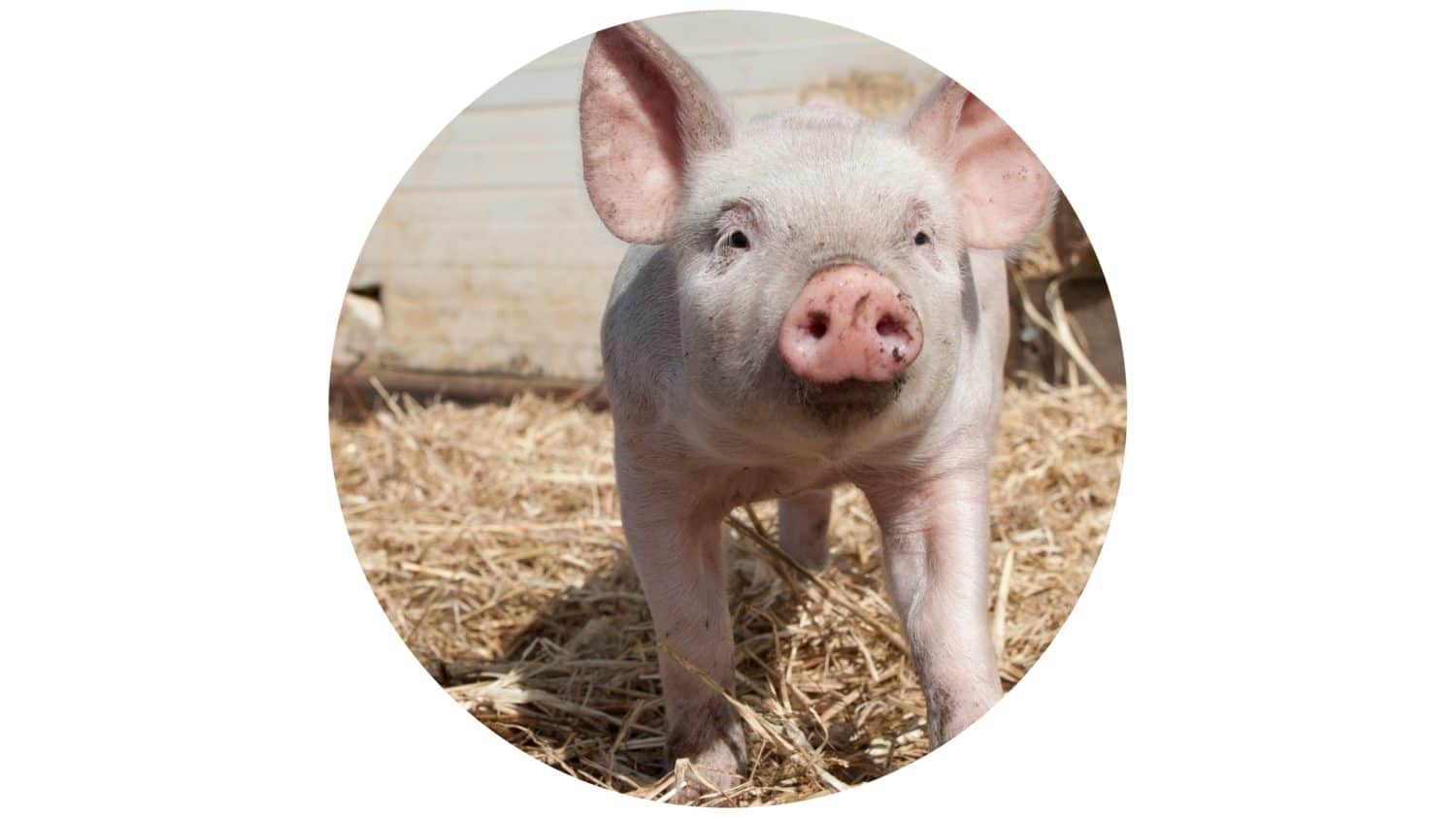
Step 4
As part of a typical assessment, an RSPCA Assessor will evaluate all areas of the site where there will be animals raised or slaughtered to the standard. Assessors check animal behaviour, the conditions where they are kept and how they are managed, all against the relevant standard.
Depending on the size of the site, this can take from a couple of hours to a couple of days. Assessors also review documentation and records which are required as part of RSPCA Approved certification, and where relevant CCTV, for example in abattoirs.
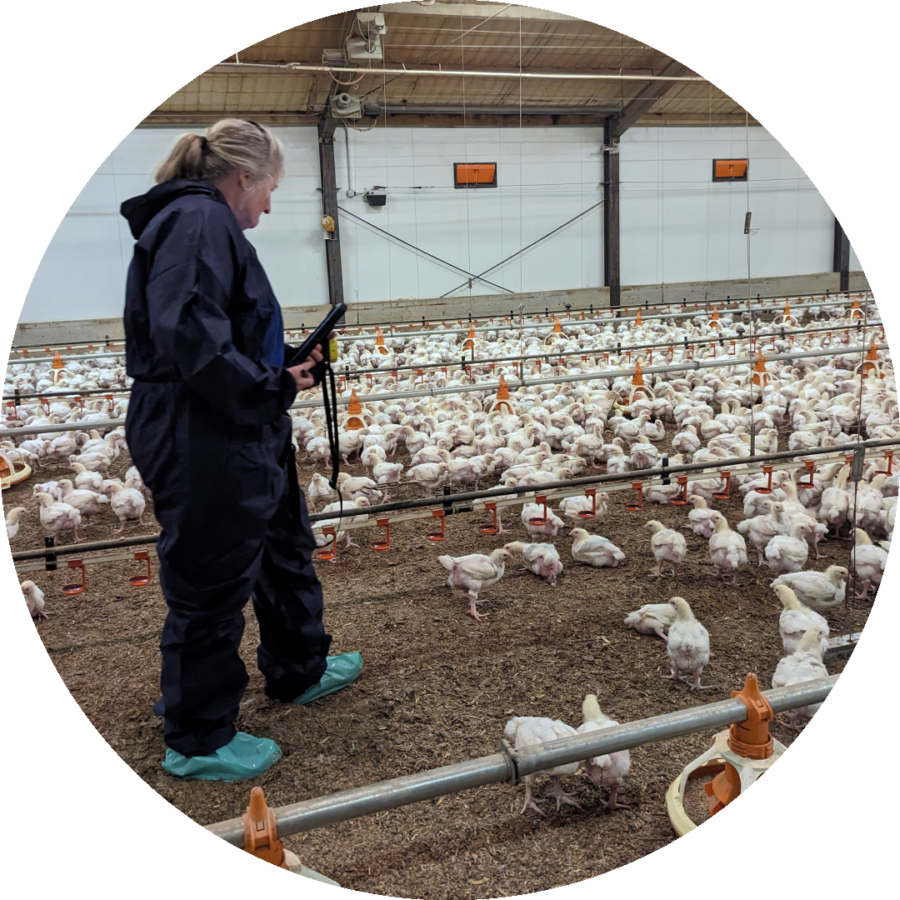
Step 5
After conducting their assessment, the Assessor will provide their report to the Producer and the Certification Body.
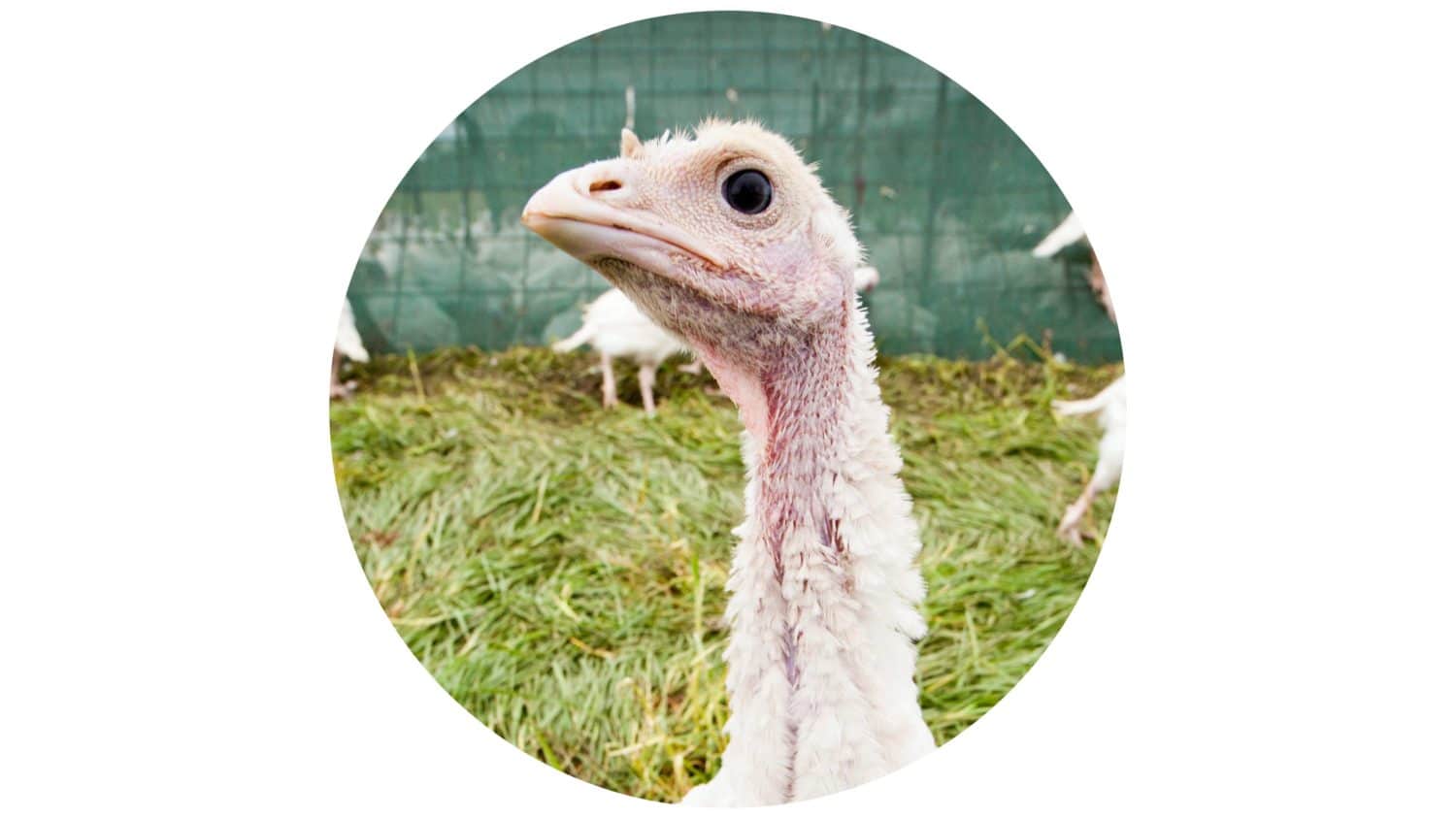
Step 6
The Certification Body reviews the report, and if the requirements of the standard have been met the Producer will receive an Approved certification status.
Step 7
When a Producer achieves an Approved certification status they can supply brands with RSPCA Approved product, and will be subject to assessments as part of the ongoing certification process.
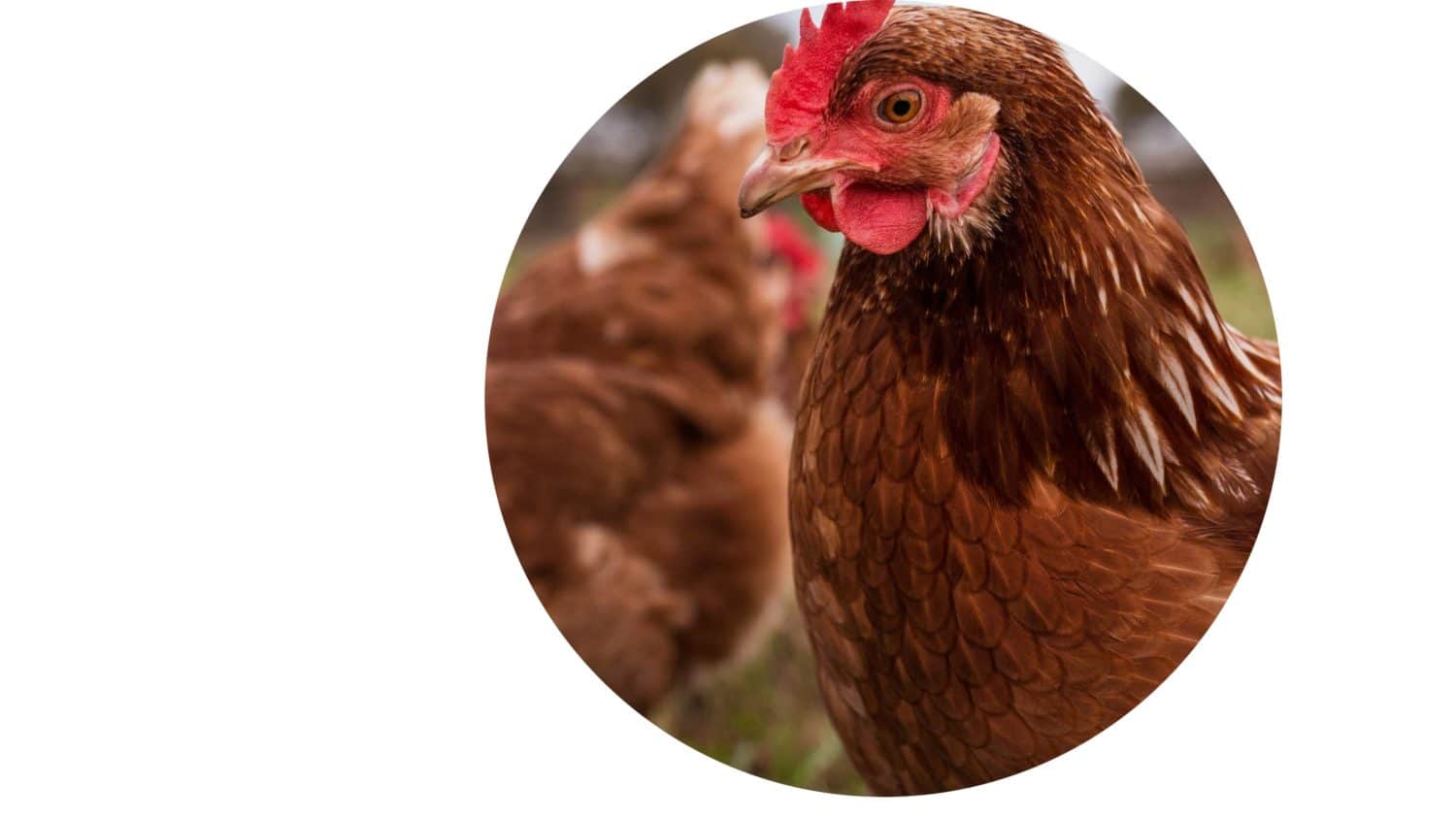
Layer hens, meat chickens and turkeys
New farms are assessed four times in the first year. Following a good track record of conformance with the standard, this may reduce to three or four assessments each year.
Abattoirs processing meat chickens and turkeys are assessed annually.
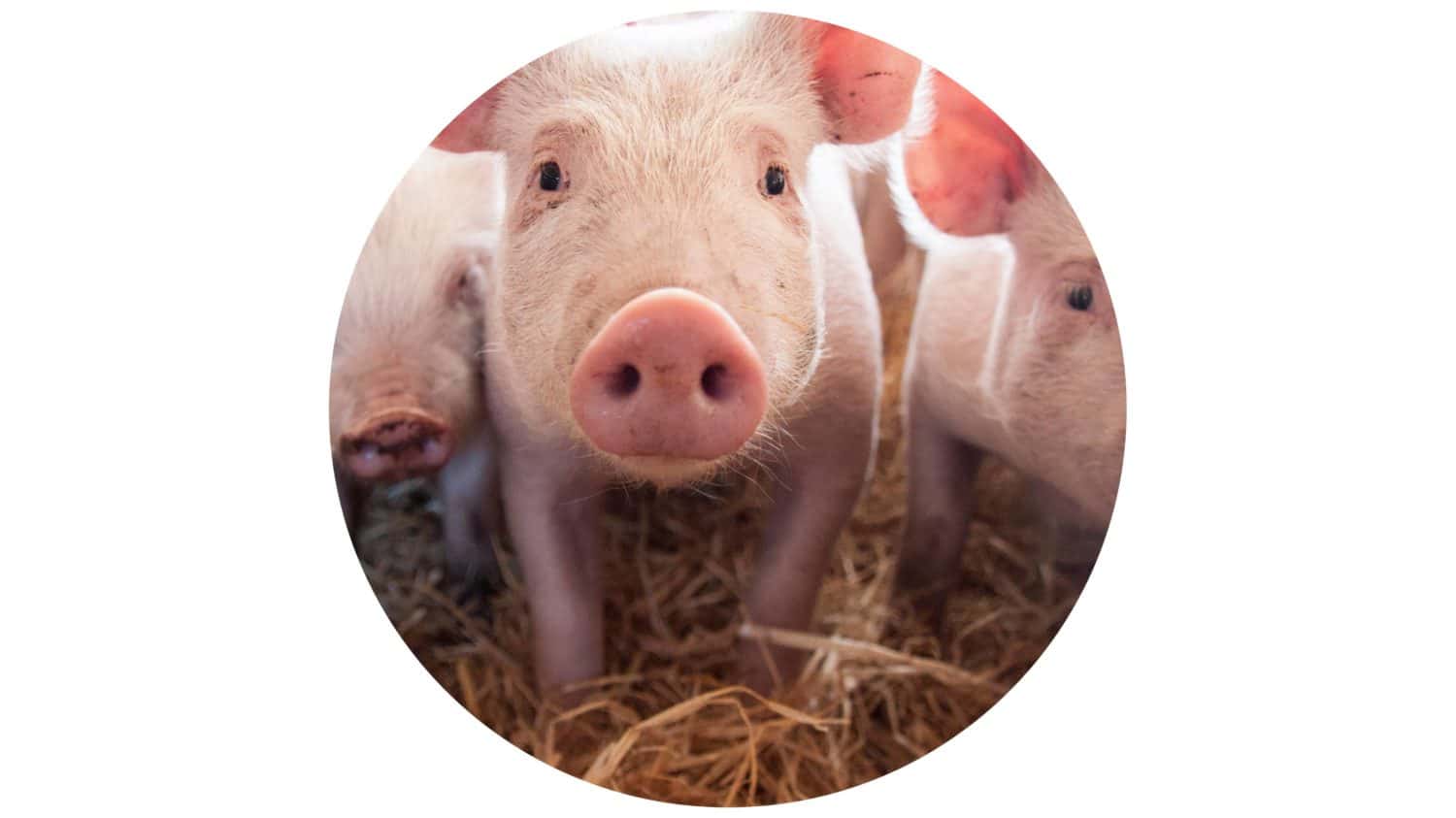
Pigs
Farms are assessed twice a year, and abattoirs are assessed annually.
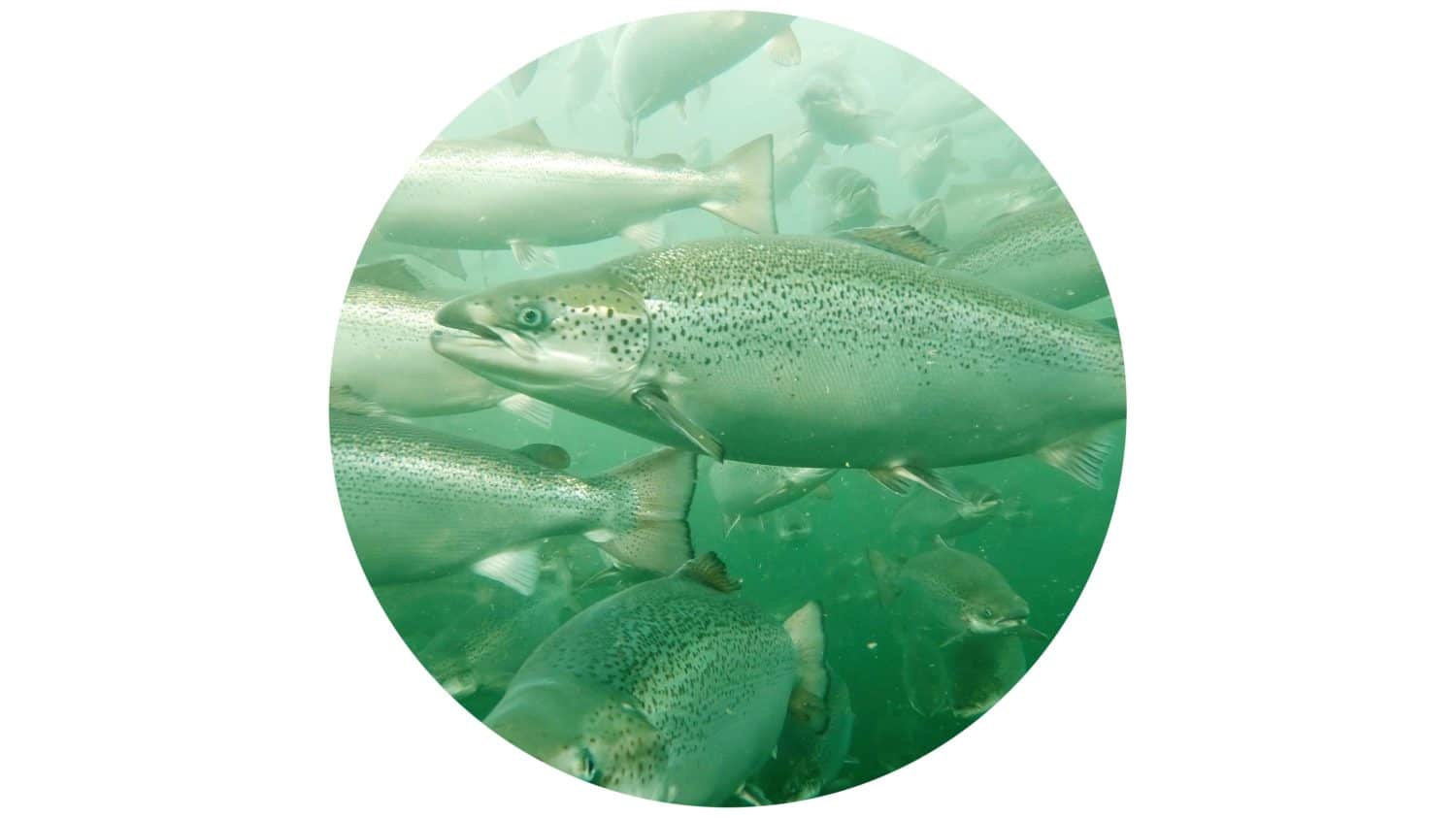
Farmed Atlantic salmon
Marine sites are assessed every two years, freshwater sites are assessed annually, and all animal handling procedures, including slaughter, are individually assessed annually.
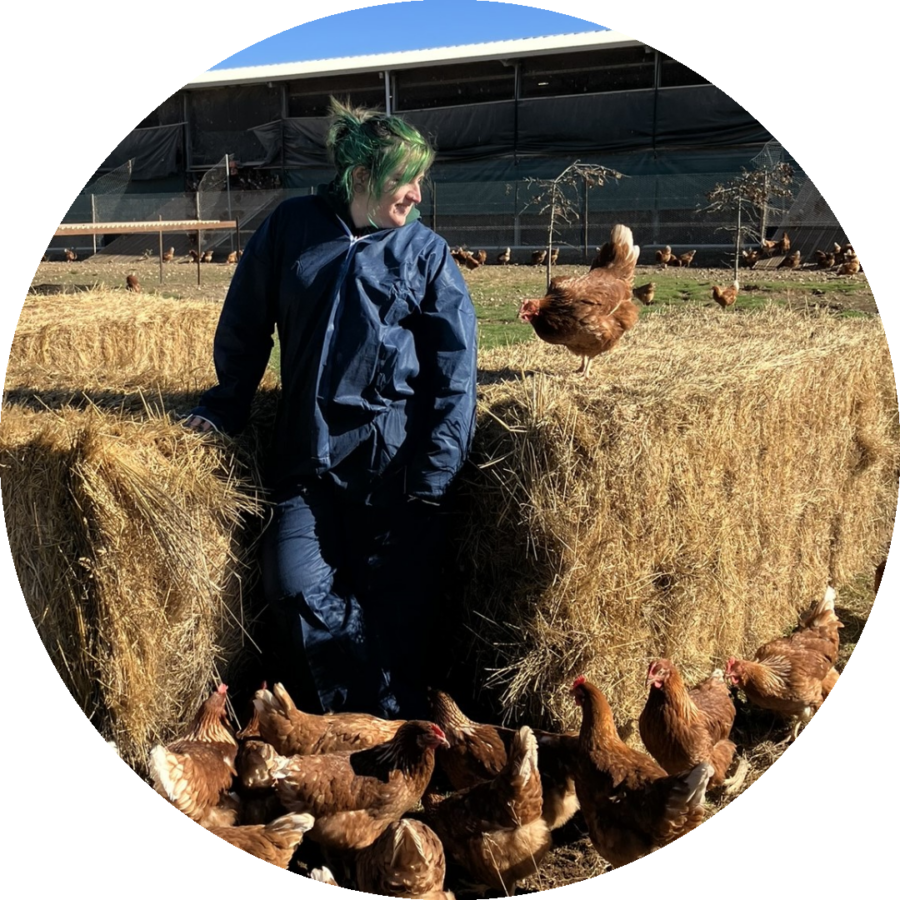
Step 8
For each assessment, the Certification Body receives an assessment report from the Assessor. A Certification Coordinator will then evaluate this report and if any issues have been raised, they will consult with the Assessor and work with the Producer to resolve them.
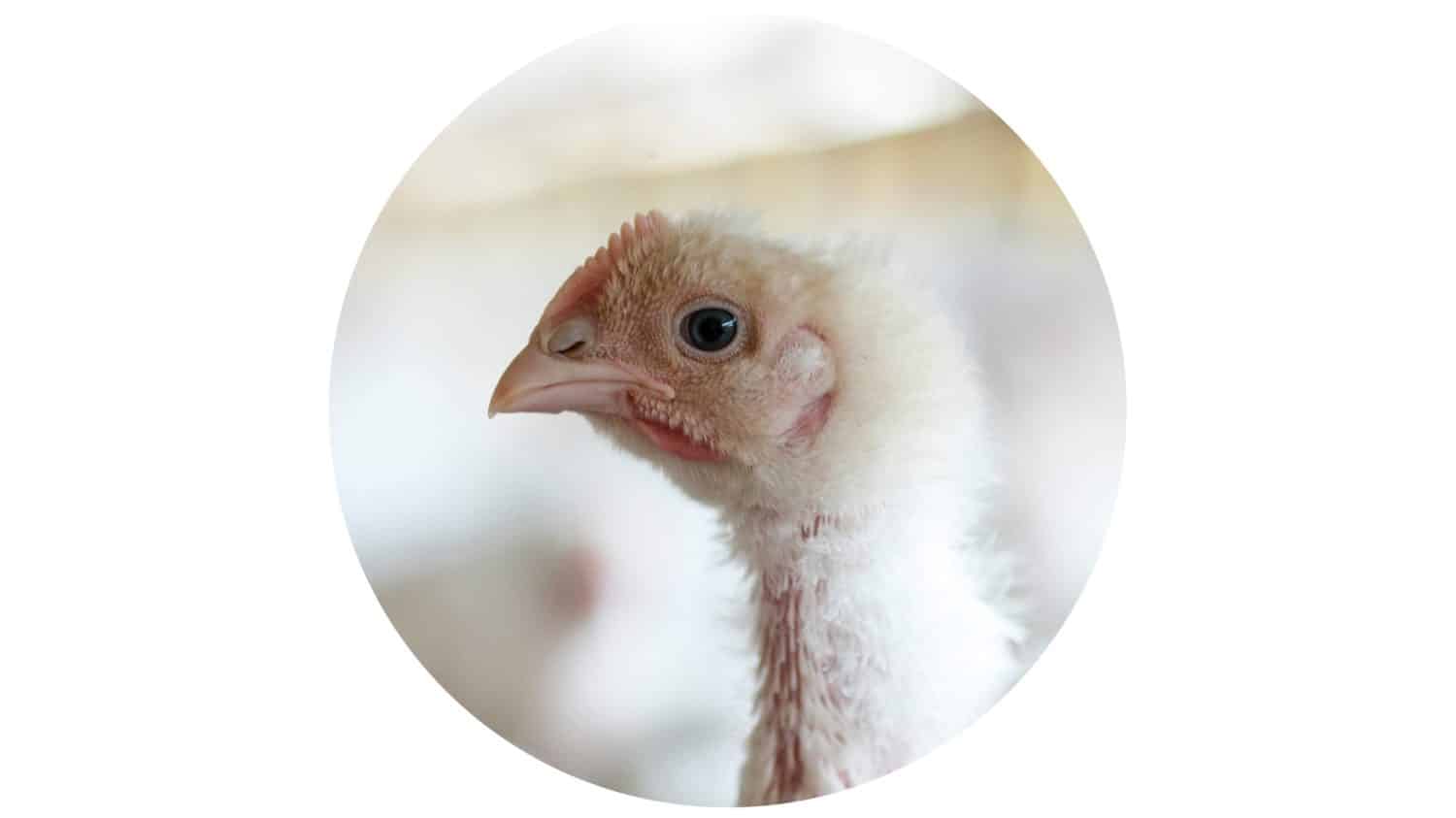
Step 9
Once the evaluation has been completed, another Certification Coordinator will review the assessment to make sure that all policies and procedures were followed before making a certification decision. This multi-layered approach is a feature of world’s-best practice in audit and certification.
Adhering to the RSPCA Standards
In farming sometimes things go wrong or aren’t quite right. If an Assessor finds something during an assessment that doesn’t comply with our standards, then this is raised as a nonconformance in their report. Most nonconformances are easily rectified through corrective action by the producer, but if there’s something that needs further investigation this will be escalated to the Manager – Certification Body or the Certification Committee for a decision.
Nonconformances are categorised as either minor, major or critical. Minor nonconformances can be a mistake in paperwork, or equipment not set up correctly in the shed. Major nonconformances could be going over stocking density limits, or issues with the cleanliness of bedding. Critical nonconformances severely impact an animal’s welfare. Most assessments however find a high level of conformance with the standards.
Ultimately when a farm joins the Scheme they have to meet all our standards, so the infrastructure and production method has to be conforming. But nonconformances can and do happen, although we see less and less of these each year which shows how producers on the Scheme not only are meeting a higher welfare standard but maintaining and improving each year.
I’m a brand







Step 1
Brands looking to market their products with RSPCA Approved certification will need to speak to their suppliers to find out if they are sourcing from Producers with RSPCA Approved certification, or discuss getting certified with them.

Step 2
The brand provides the RSPCA Approved Farming Scheme with details about their supply chain, products and marketing plans.
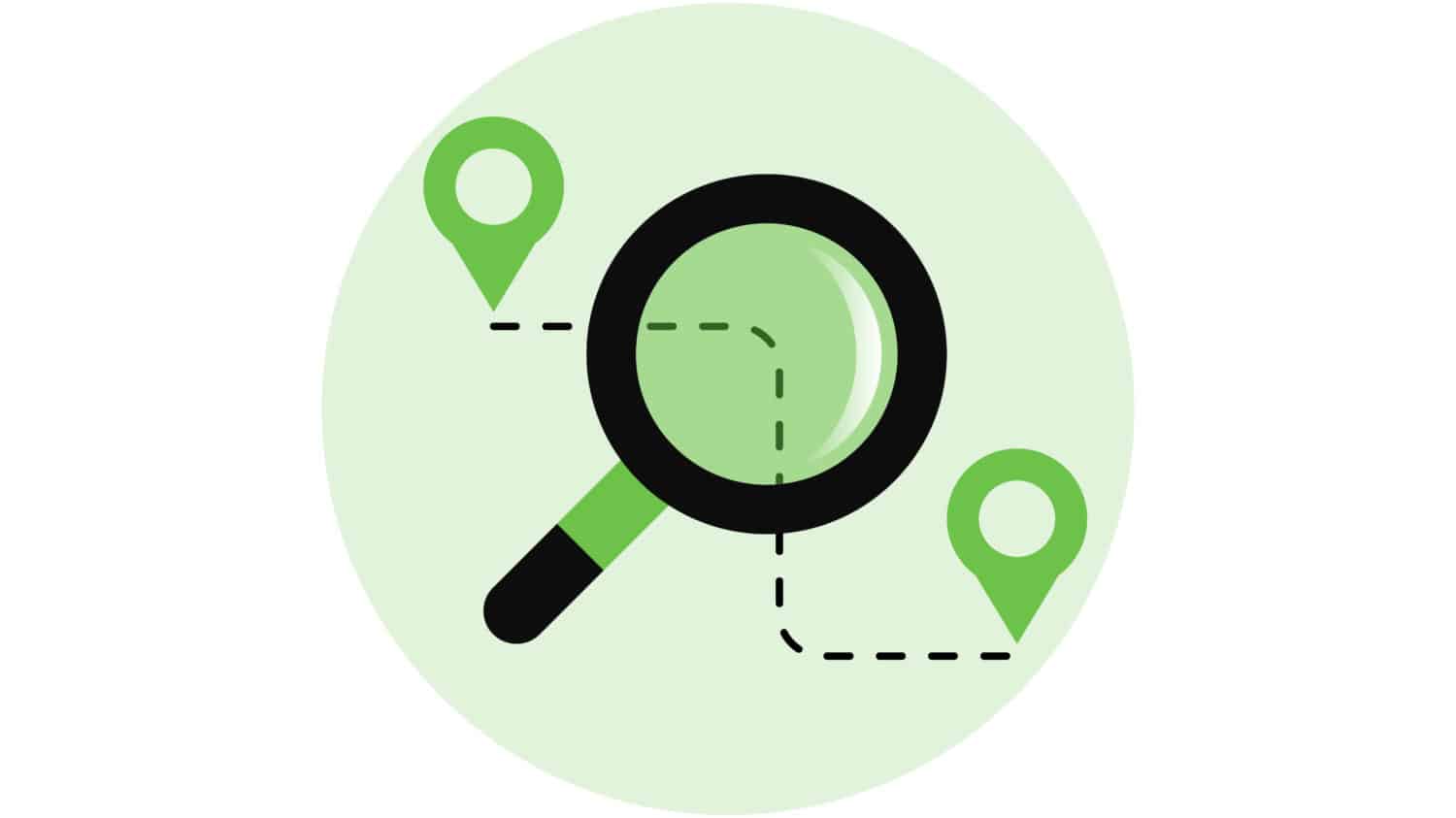
Step 3
The brand will be assessed by the Certification Body to verify it’s compliant with our Chain of Custody standard. This is because brands are required to comply with our Traceability Policy as part of their licensing agreements.
At all times, RSPCA Approved products are required to be clearly identifiable and are not substituted in any way with non-RSPCA Approved products.

Step 4
Once the supply chain has been assessed, the brand will enter into a Licensing Agreement with the RSPCA Approved Farming Scheme. This includes a licensing fee which is calculated with consideration of how much it costs to have the brand’s product certified.
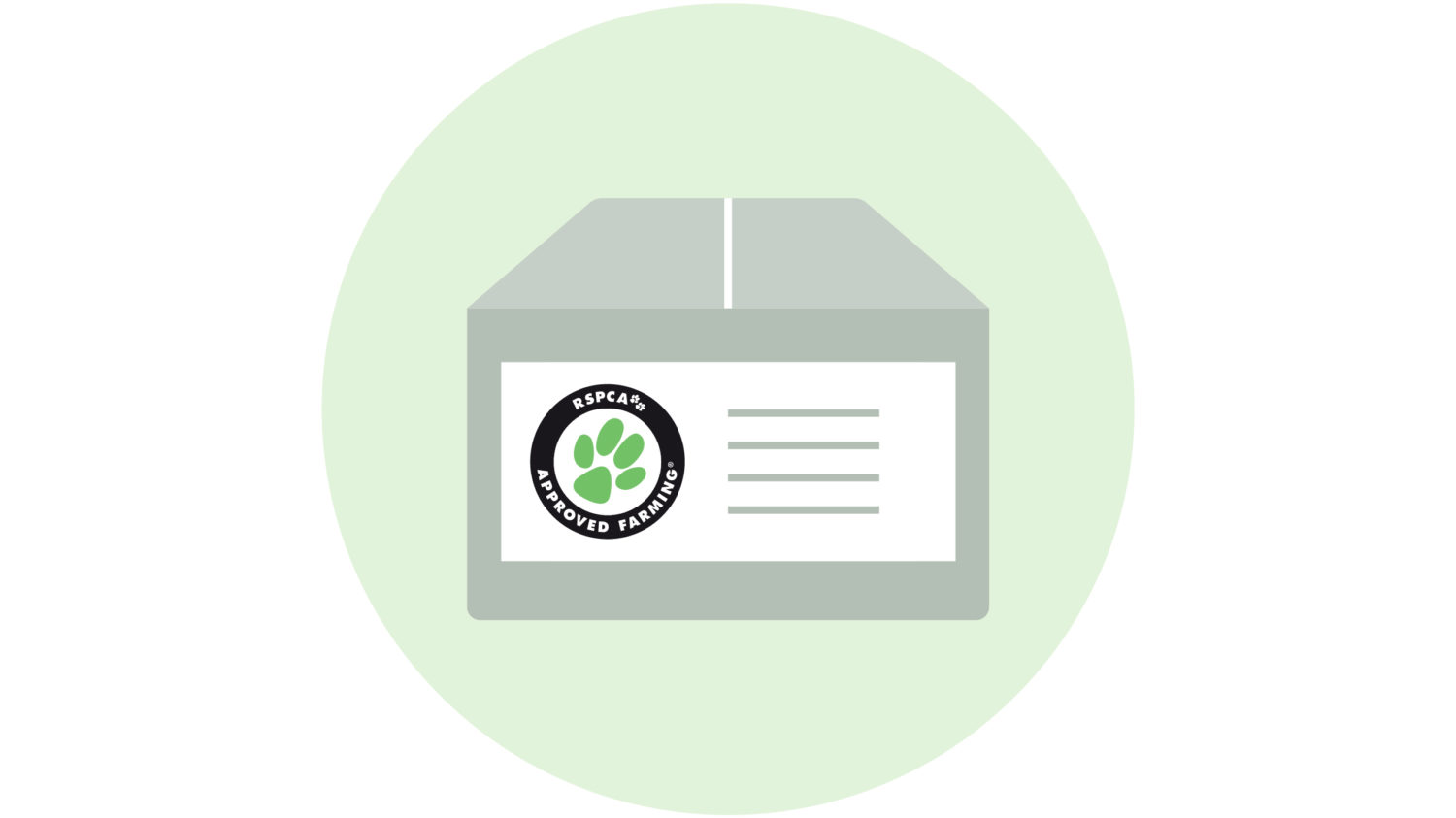
Step 5
Once a brand is a Licensee they have access to the RSPCA Approved brand for use on their product packaging and marketing.
Use of the RSPCA Approved logo or name in text must comply with the RSPCA’s
brand guidelines and be approved by the RSPCA Approved Farming Scheme.

